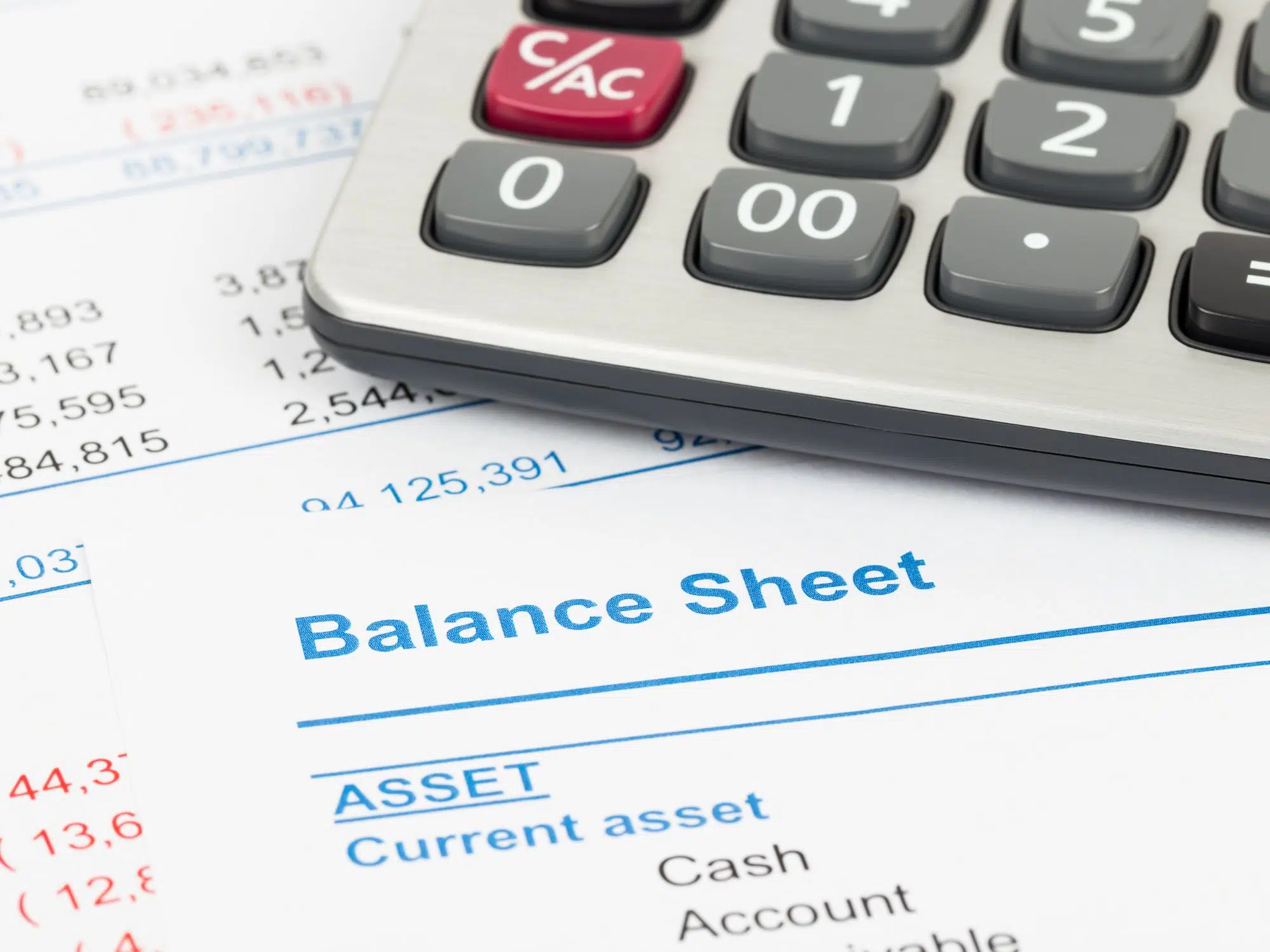In the realm of business finance Fifo Capital understand how effectively managing your balance sheet is crucial for success and growth. Your balance sheet provides a snapshot of your company’s financial health at a specific point in time, offering insights that can influence decisions around loans, funding, and overall business strategy. Let’s explore why your balance sheet matters and how it impacts your ability to secure the right business loan for your business.
What is a Balance Sheet?
A balance sheet is a financial statement that summarises a company’s assets, liabilities, and shareholders’ equity at a given moment. It is divided into two main sections:
Assets: These are resources owned by the business, such as cash, inventory, equipment, and accounts receivable.
Liabilities: These are the company’s financial obligations, including accounts payable, loans, and other debts.
The balance sheet equation is Assets = Liabilities + Shareholders’ Equity. This equation must always balance, hence the name “balance sheet.
Why Your Balance Sheet Matters for Finance
- Assessing Financial Health: Lenders and investors use balance sheets to evaluate a company’s financial stability and creditworthiness. A strong balance sheet with healthy asset-to-liability ratios indicates a stable business capable of servicing debt.
- Basis for Loan Approval: When applying for business loans or funding, lenders often scrutinise your balance sheet. They want to see a healthy balance between assets and liabilities, ensuring that your business has the capacity to repay borrowed funds.
- Identifying Financing Needs: Analysing your balance sheet helps identify shortfalls or excesses in working capital. This insight guides decisions on the type and amount of financing required to support operations, expansion, or investment.
- Strategic Decision Making: A well-managed balance sheet informs strategic decisions. For instance, it highlights opportunities to optimize assets, reduce liabilities, or improve cash flow—all of which impact financial health and growth prospects.
Key Metrics on Your Balance Sheet
Several key metrics derived from the balance sheet provide valuable insights into your business’s financial position:
- Current Ratio: This ratio compares current assets (e.g., cash, inventory) to current liabilities (e.g., accounts payable, short-term loans) and indicates your ability to cover short-term debts.
- Debt-to-Equity Ratio: This ratio measures the proportion of debt financing relative to shareholders’ equity, reflecting the financial leverage of your business.
- Working Capital: Calculated as current assets minus current liabilities, working capital signifies the liquidity available to meet short-term obligations.
Using Your Balance Sheet to Secure Finance
To enhance your chances of securing finance for your business, it’s essential to leverage insights from your balance sheet:
- Improve Financial Ratios: Strengthening key ratios like current ratio and debt-to-equity ratio demonstrates financial stability and boosts lender confidence.
- Optimise Asset Utilization: Identify underutilized assets or slow-moving inventory that can be monetized to improve liquidity.
- Address Shortfalls: If your balance sheet reveals a funding gap or working capital deficiency, explore financing options tailored to address these specific needs.
Partner with Fifo Capital for Your Finance Needs
At Fifo Capital, we specialise in providing flexible and tailored finance solutions to support businesses of all sizes. Whether you’re looking to optimise working capital, fund expansion initiatives, or bridge cash flow gaps, we offer a range of financing options designed to align with your business goals and balance sheet insights.
Ultimately, your balance sheet is not just a financial statement—it’s a powerful tool that informs strategic decision-making and plays a pivotal role in securing finance for your business. By understanding and managing your balance sheet effectively, you can position your business for sustained growth and success.
For more information about various available options and what’s best for you, give us a call – 0800 863 436, or email us at [email protected]. We would love to hear from you.

